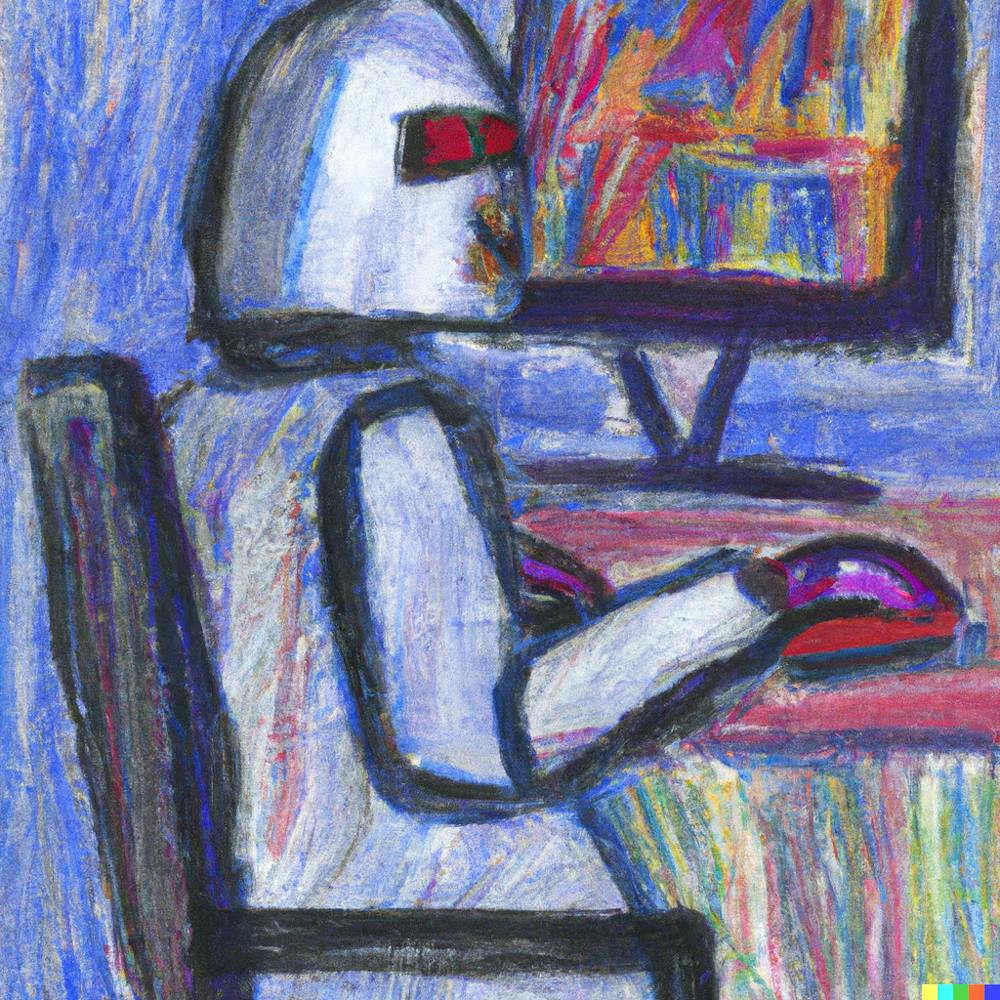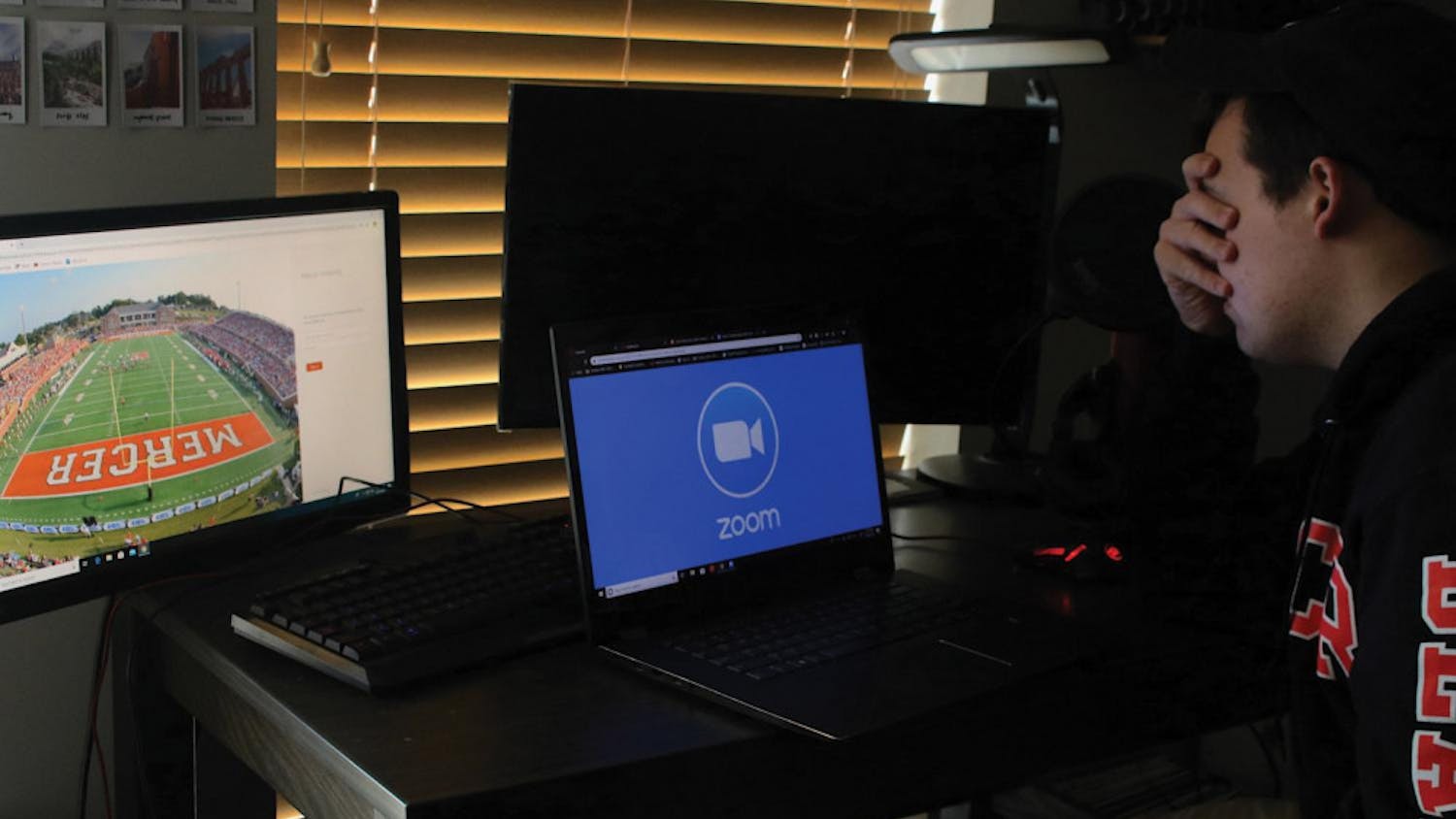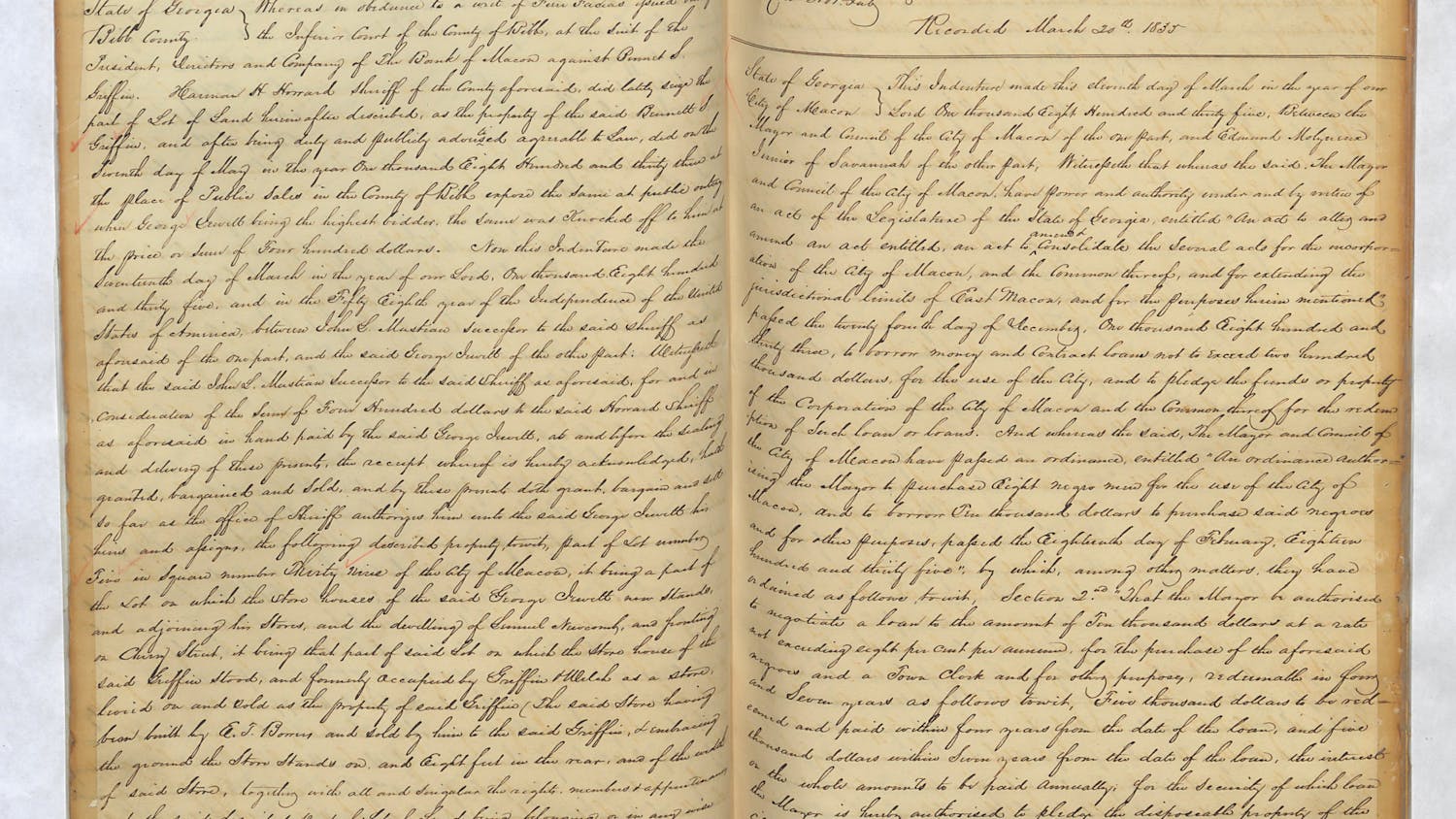From Amazon’s Alexa to Google Assistant, artificial intelligence (AI for short) has taken the world by storm. While technology has vastly changed over the years, advances in AI had yet to take a dramatic leap until now.
The rise of a new type of virtual assistant has many amazed. Named chatbots, AI-powered bots like ChatGPT produce answers to questions that users can type into a chat box. Users have noticed ChatGPT’s versatility, with the software able to write code, draft essays and solve mathematical equations. Herein lies the problem: professors worry that the versatility of these programs will encourage students to cheat instead of learn.
“Recently, departments are undergoing AI training to better understand the differences in AI and student writing. Personally, I think students really should be smarter than using AI to write their essays,” Professor of Biology Linda Hensel said.
While using ChatGPT may be more helpful than harmful in STEM classes, those teaching writing-intensive courses worry that the use of AI could eliminate creativity and ingenuity in student writing. Pertaining to writing-intensive courses, INT 101 and 201 professor Richard Hawkins says that it “ultimately falls to professors to create more creative and unique prompts that ChatGPT can’t emulate."
"There’s a human aspect in writing that AI just can’t really replicate and we as professors probably won’t find it too useful," Hawkins said.
In reference to the rise of cheating in online assignments specifically, Hawkins fears that “students will become over-reliant on the software and thus will lose many of their writing abilities in the process.”
In today’s technology-centered world, ChatGPT certainly provides a quick way to reference and condense information. However, the academic world seems to be a bit wary of ChatGPT and its capabilities. For now, professors continue to use technology as a companion for learning rather than as a replacement.
“I just want students to think and write for themselves," Hensel said. "That’s the ultimate goal."
Priyanka Yagneswaran ’25 is a Neuroscience student at Mercer University minoring in Chemistry. As the Arts and Culture editor, she covers and coordinates reporting on different cultural events happening in Macon and in the general art and music scene. In her free time, she enjoys reading, listening to music and brewing espresso.





